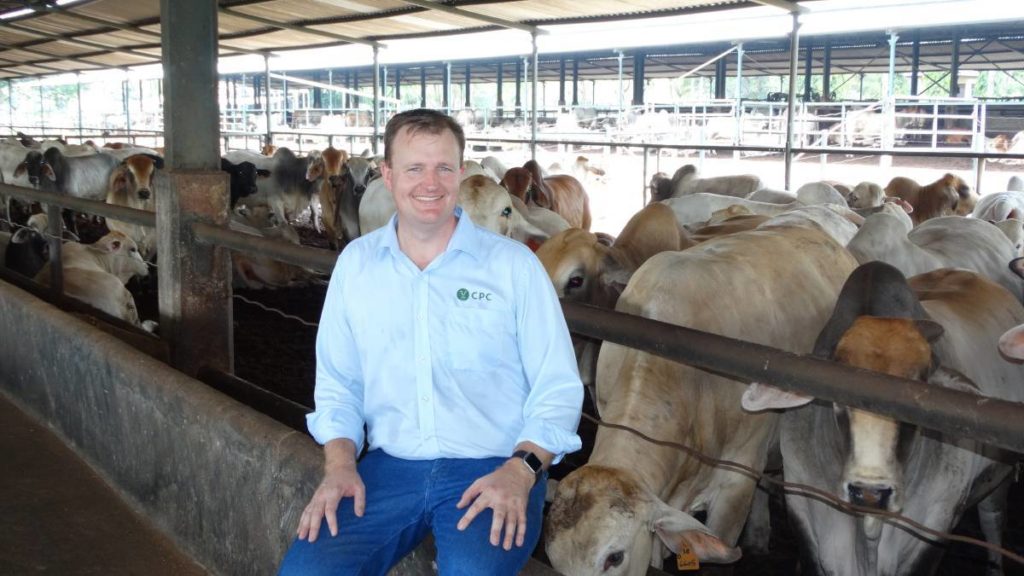Testimonials
Since Tri-Solfen® was commercially launched, over 150 million lambs have been treated and over 80% of Australian wool growers are now using Tri-Solfen for their sheep. Here’s what some of them have to say…
‘We have used pain relief for two years now and seen real production gains. We are concerned for the welfare of our animals and will continue to use pain relief to ensure they get the best care.’
Clinton Wise– Wililoo Merino Stud, Woodanilling, W.A.
'It easy to see the difference pain relief makes. Before, lambs would walk away hunched up, even taking a couple of hours to walk back to the paddock. Now they run straight back to Mum and start suckling,” says Rod. “My wool is now sold under the Better Choices brand. I see this as a definite advantage. I think it will be an advantage in the long run, to both me and the industry as a whole.'
Rod Miller– Glenpaen Merino Stud, Horsham, Vic
'After being treated with pain relief my lambs were more content and less stressed. As farmers we are sincere in looking after the welfare of our animals and using pain relief demonstrates this.'
Richard Coole– Frankland, W.A.
'We have been using pain relief for the past three years. We’re impressed by reduced bleeding in the mulesing wound immediately after application. Lambs run straight back to find the ewe, which has dramatically reduced our mortality rates. Flock management, post lamb marking is easier due to the effect of pain relief and the scab healing faster.'
Ryan & Malcom O’Dea– Peepingee Merino Stud, Narrogin, W.A.
'Using pain relief eases the stress and allows lambs to mother up and move back to the paddock easier with faster weight gains.'
Kent Lummis– Waverley Downs, Gilgandra, NSW
Close

